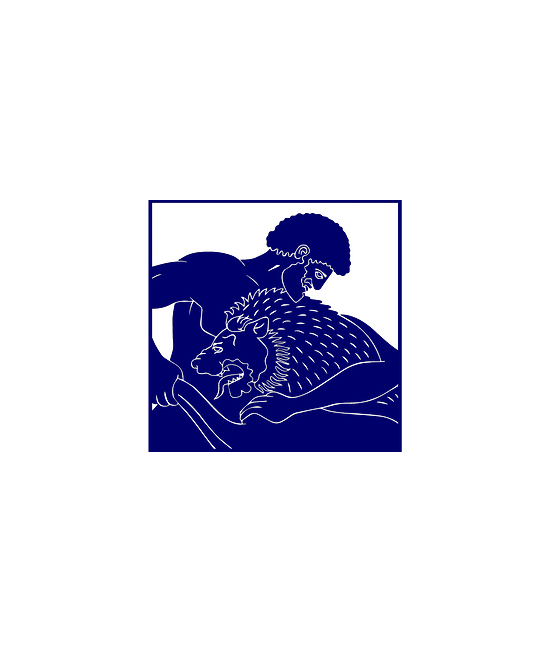Dialogues of War with The Politeia

This 10-week course explores the continuity of the veteran experience from antiquity to modernity. Offered now as part of The Politeia’s curricula, it was initially developed in partnership with the NEH, the VA, THEATER OF WAR, and THE ETERNAL SOLDIER PROJECT.
The staff of POLITEIA and THE HERCULES PROJECT includes authors, academics, therapists, educators, veterans, artists and employees of the VA. FELLOWS in the course will be paired with United States combat veterans to consider the experience of the soldier from all manner of perspectives. Readings and discussions will range from antiquity to the present day, including such works as the Iliad and Catch-22. By interacting with these texts and with the veterans enrolled in “Dialogues”; the former will gain new character-building perspective, while the latter will be able to process their own experience through creative expression and by connecting their own unique stories to those from the past.
The Hercules Project pursues practical applications of the humanities as they were originally developed and cultivated among early civilizations: as a means of maintaining a healthy mind and happy state of being. Modern research has produced abundant evidence that acts of creativity and exposure to the arts and literature have a positive psychological impact. In addition, there are the more obvious benefits of entertainment, enrichment, and enlightenment that are found in the masterpieces of world literature and others arts. Our primary work involves using theater to promote healing for groups and individuals who have undergone trauma. We were inspired in this approach by psychiatrist Jonathan Shay who observed that ancient Athenians invented tragic performances that were essentially a form of communal therapy for, of, and by veterans. After a brief introduction that explains our approach, we stage an abbreviated reading by professional actors of an ancient tragedy translated into modern and understandable English. Although these works are thousands of years old, the core experiences related to violence and trauma, as well as human emotional states, are universal. The performance is followed by a group discussion facilitated by mental health counselors who have experience working with veterans and other individuals who have experience trauma. We also offer educational presentations using authentic ancient artifacts, and short readings of drama for schools and colleges. If you want to learn more about what we do, give us a call today. We can work with you to provide the most appropriate and customized presentation, performance, or discussion.
Contact us at connect@thepoliteia.com to enroll.
